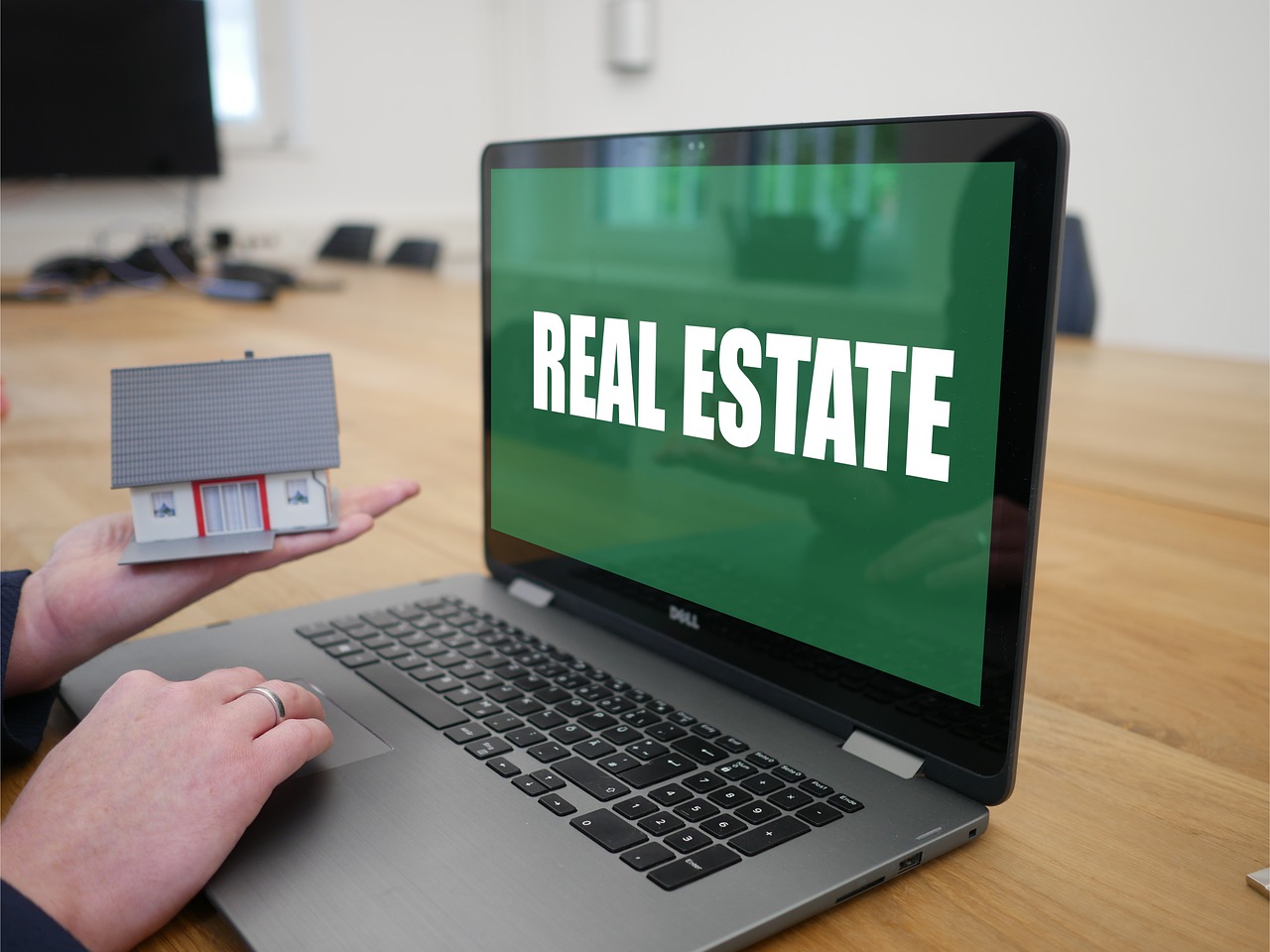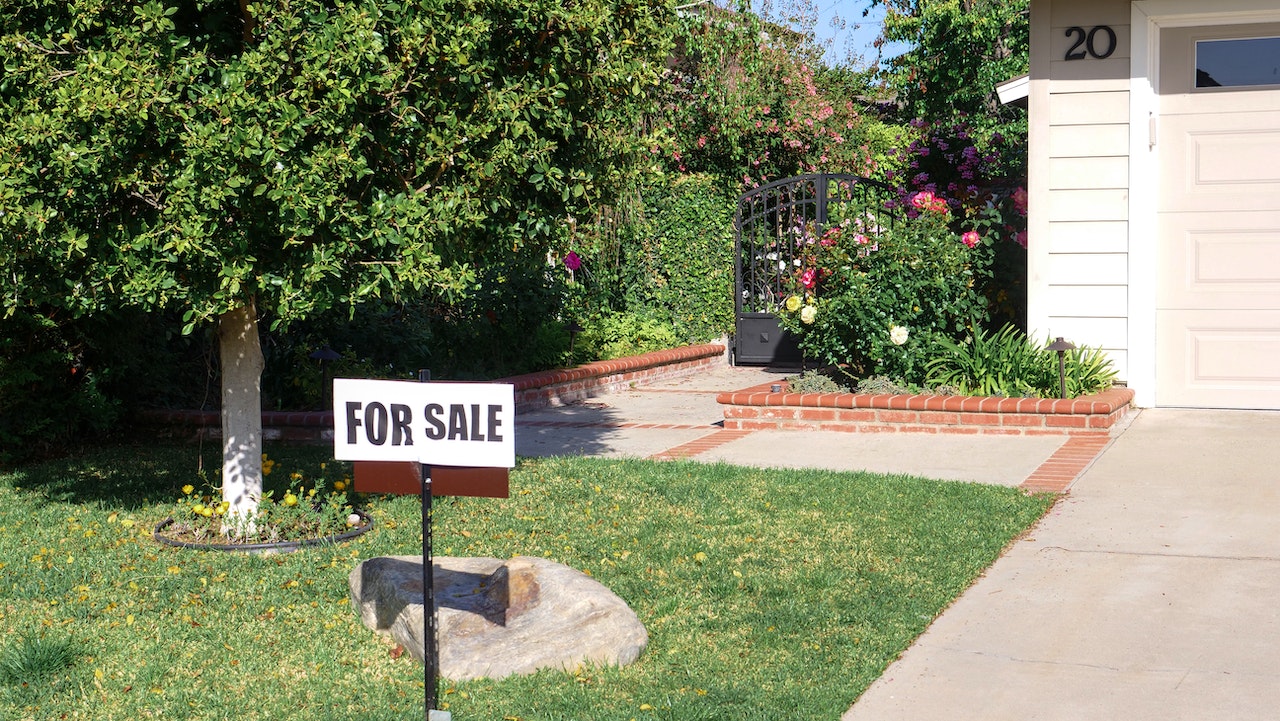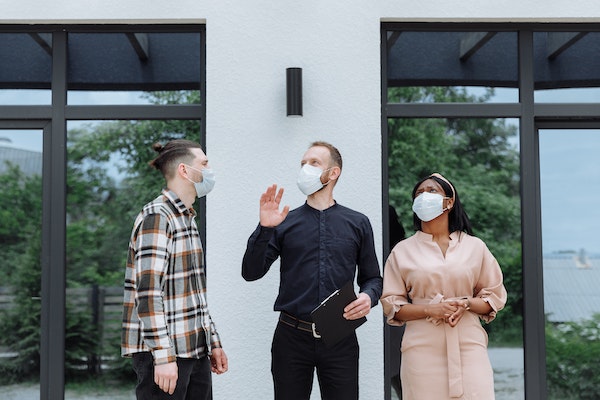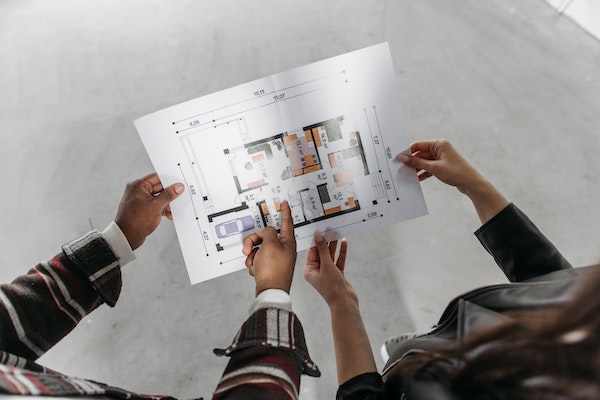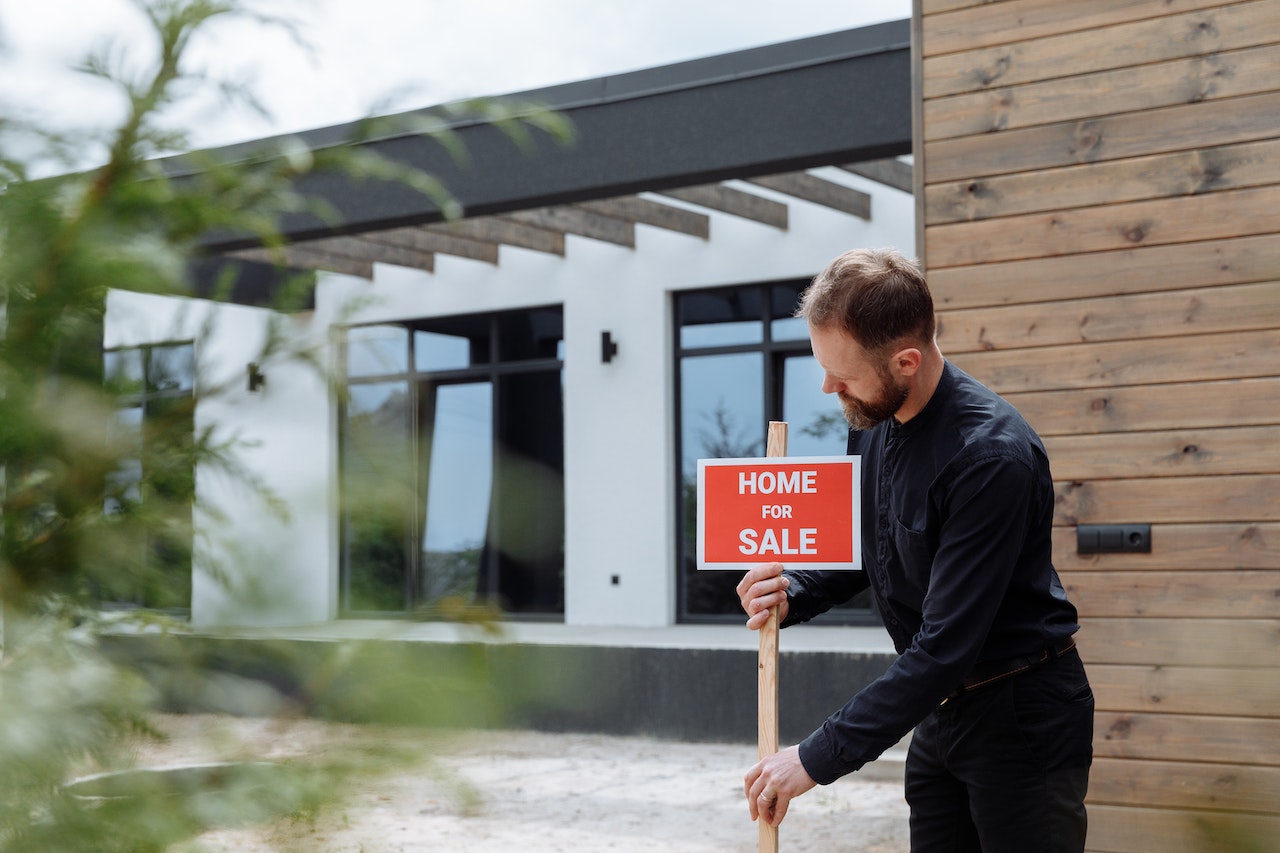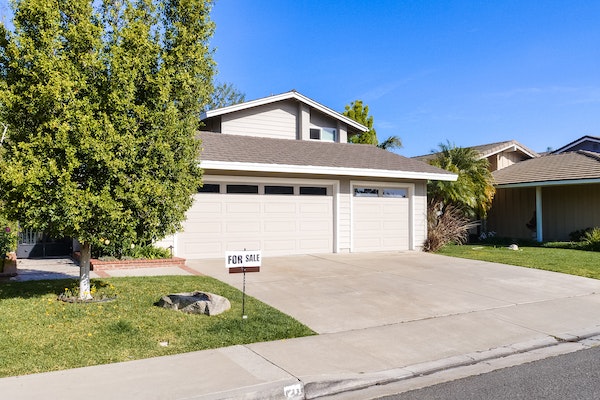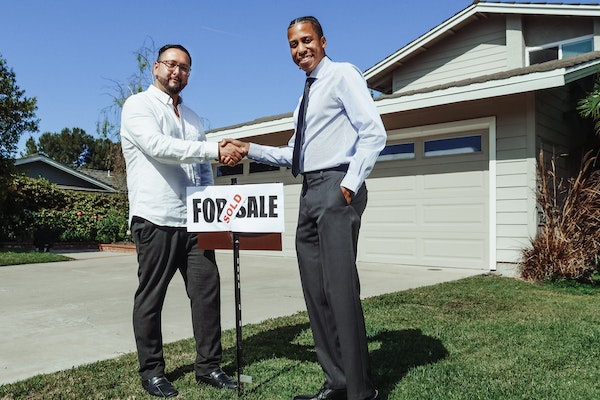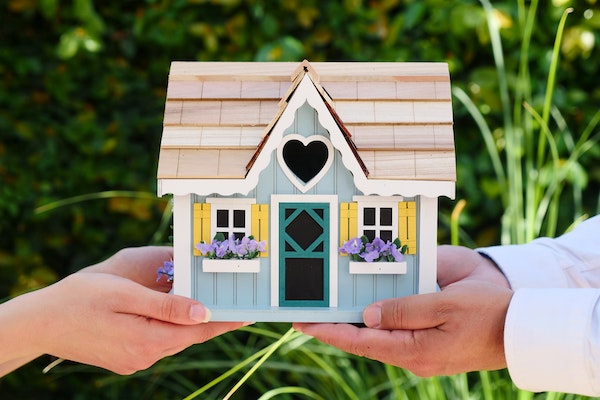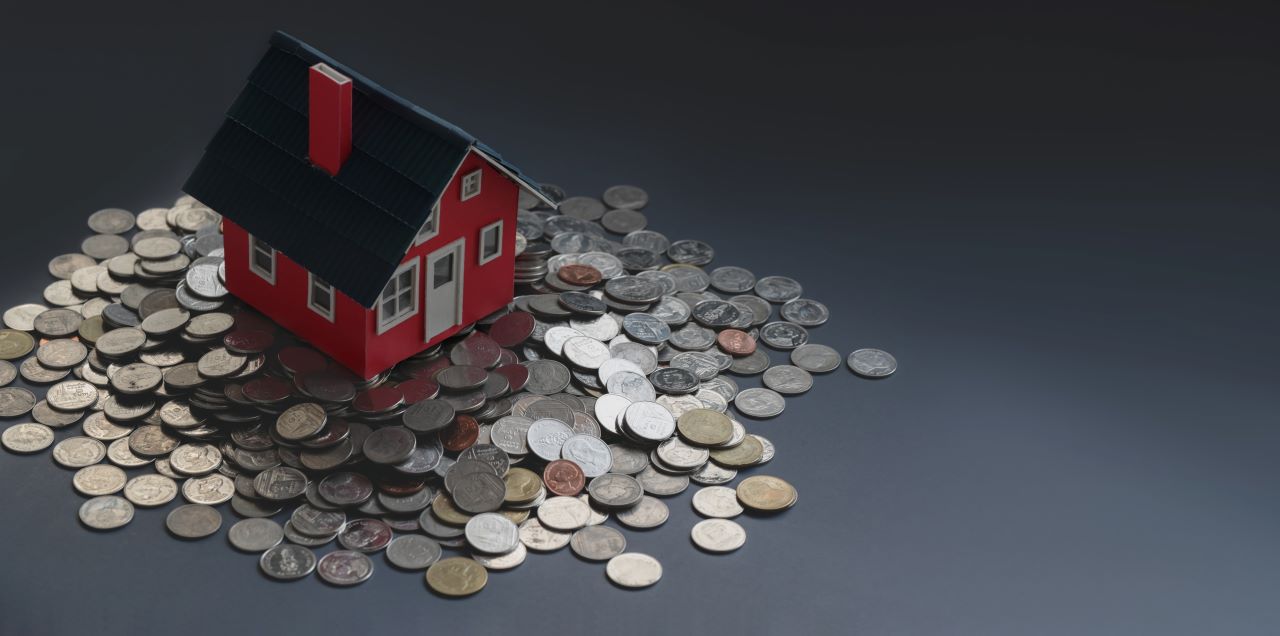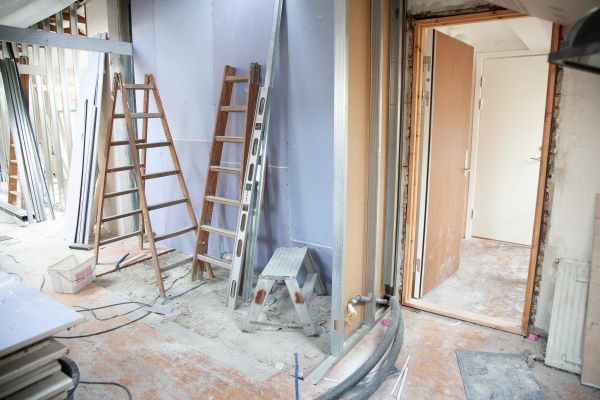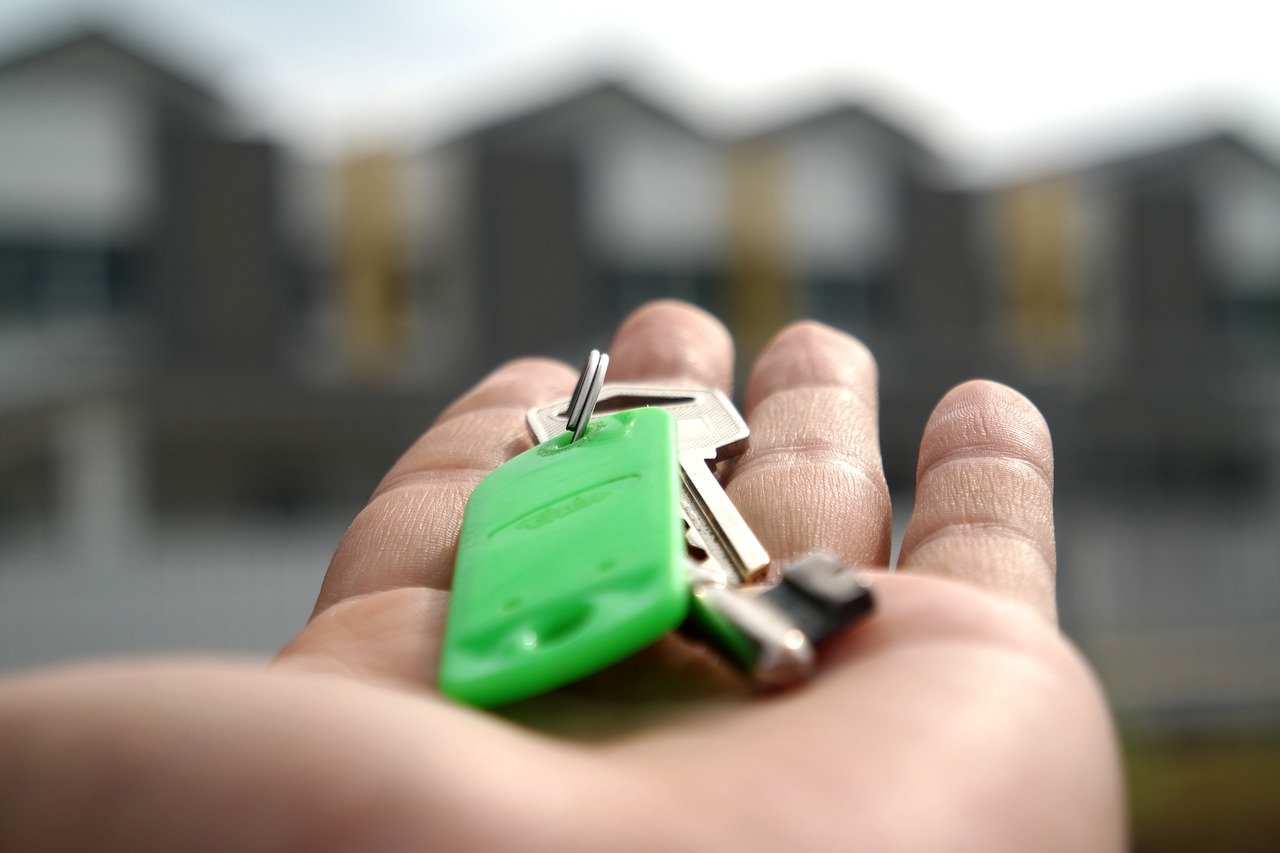The world was shaken in early 2020 with the rapid spread of Covid-19. Businesses of all types had to close their doors, following safety guidelines for the pandemic, and shift to a “new normal” of remote work and limited access to nearly every aspect of economic life.
The 2023 global market was volatile and unpredictable as a result, but the outlook for 2024 is much brighter. As the world adjusts to changes brought on by the pandemic, we will see the end of the financial recession, with overall growth and optimism in the global market.
Late October 2023 saw about 12% growth in global equities since the beginning of the year. The announcement of effective vaccines and the end of the U.S. election led to a bullish market with record highs on the S&P 500 Index.
This growth, along with government relief packages designed to boost the economy, has led us to an early post-recession phase, bringing with it conditions that will favor equity returns over bonds.
We should also see low inflation and low-interest rate growth for an extended period as global economies rebound from 2023’s instability. The global market will likely show some signs of instability as reported virus cases escalate from time to time, but the overall 2024 financial trajectory is positive.
We will see a decrease in the demand for technology stocks simply due to their rapid boost during the pandemic. However, the market will begin to turn to stocks with more cyclical value, bridging the gap.
As more of the population receive vaccines, we will see a slow but steady pace of positive economic growth through the end of the year, resulting in possible GDP growth in excess of 5%. We’ll also begin to see businesses in travel and hospitality begin a pattern of a strong recovery in the latter half of the year.
Real assets will show growth in 2024, too, despite the hit that retail and office properties took with 2023 shutdowns. Global real estate predictions show a return of over 6%, lower than the previously predicted 8%, but still showing positive growth.
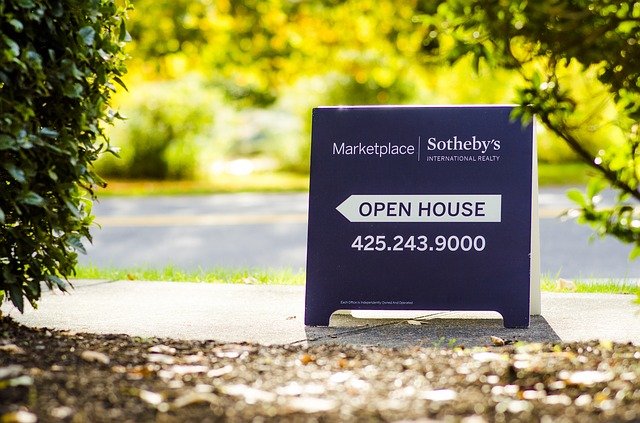
Natural resources will also see growth, even if lower than previously predicted, due to slow growth and increased scrutiny of overall environmental impact. Global infrastructure will also see an almost 6% return in 2024.
Emerging markets, including alternative currency, should see a big rebound in 2024, outpacing developed market equities and showing a gain as high as 20%. Bitcoin’s value will begin to steadily grow as corporate investors begin to take the plunge into the world of alternative currency, and it has already gained a strong foothold with millennials.
Global oil demand will see slow growth, despite life beginning to return to pre-pandemic levels. In fact, demand is predicted to return to pre-Covid rates in mid-2022. OPEC is predicted to adhere to existing agreement terms, maintaining a deficit of 1.3 million barrels a day, which will result in a boost to Brent prices to nearly $70 per barrel.
Overall, while some predictions are down compared to extended predictions from pre-pandemic times, the global market will see a positive rebound, which may be a bit unsteady at first, but that will continue to strengthen toward year’s end.
